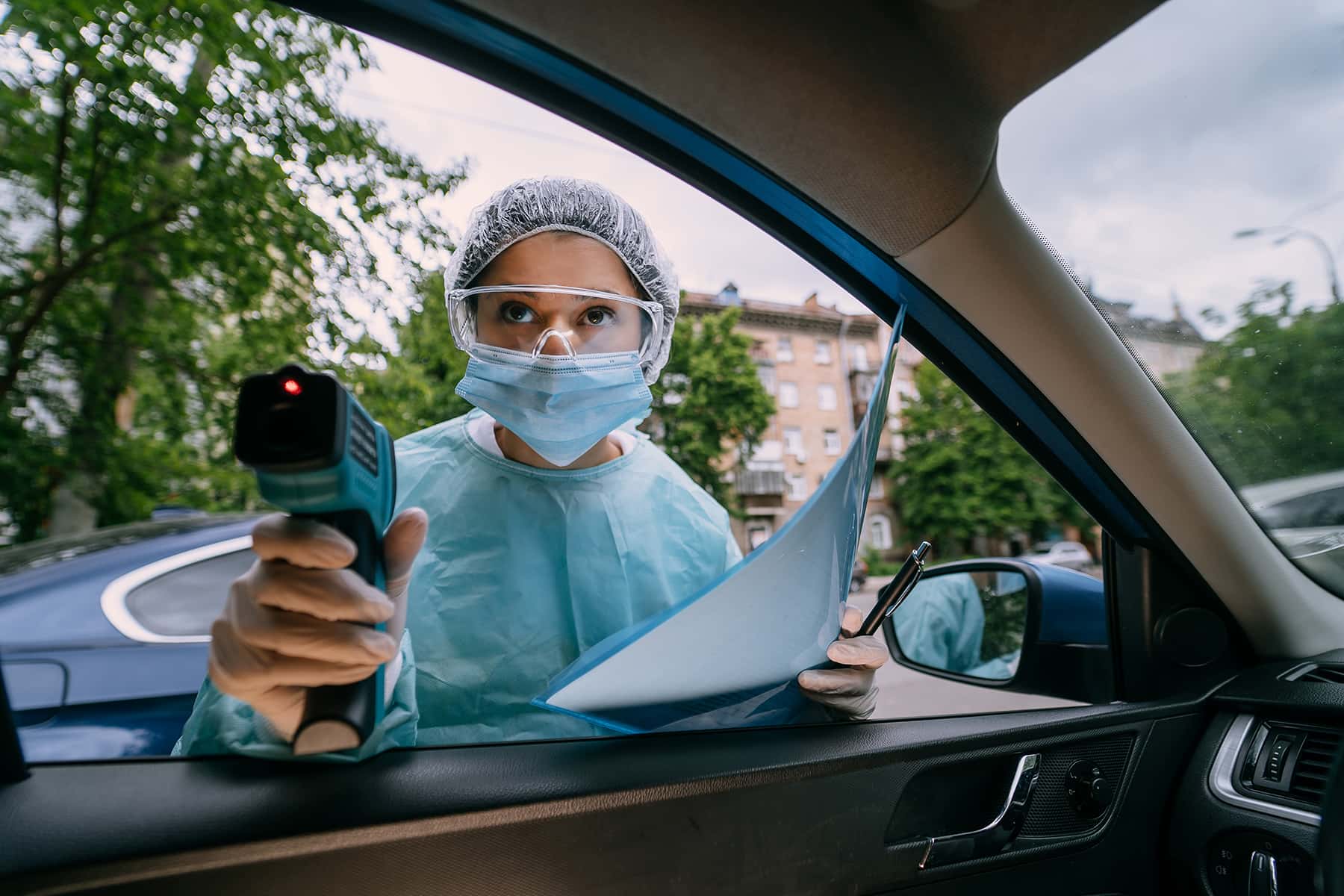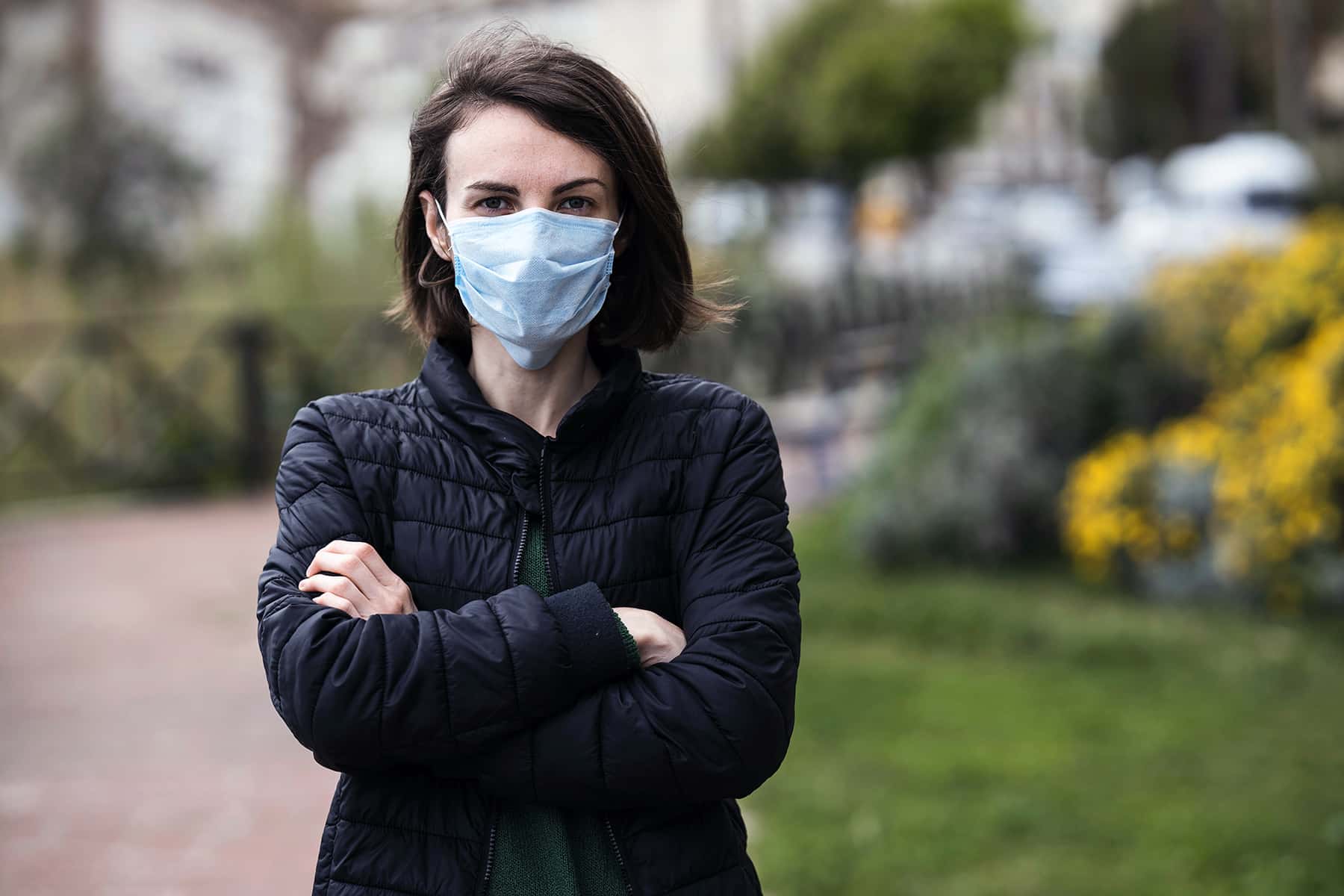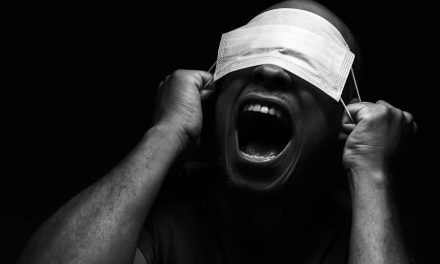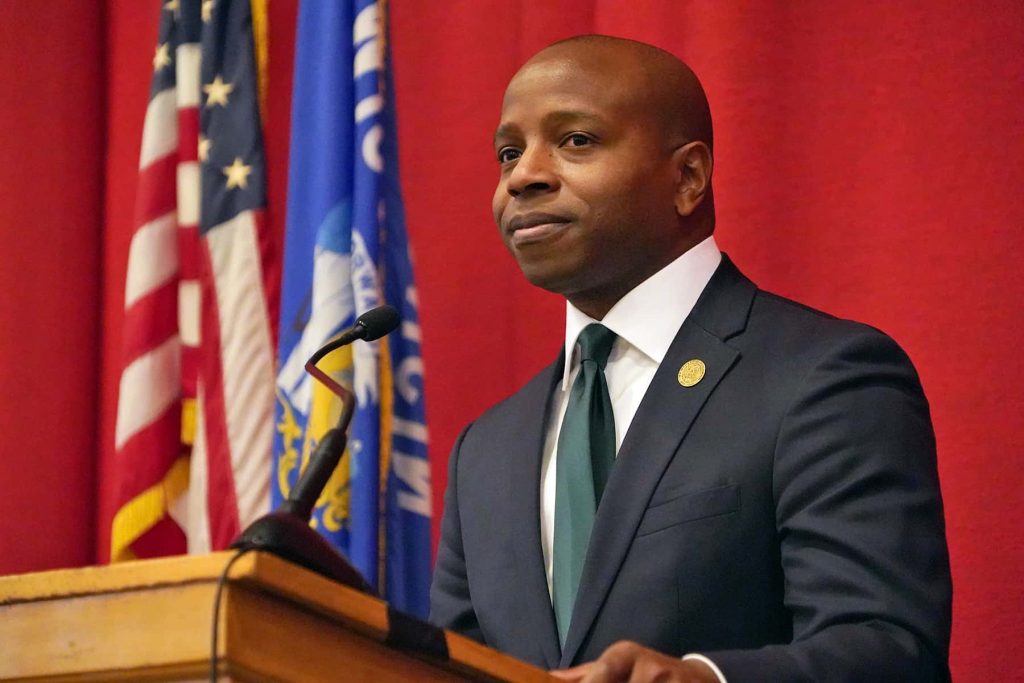
Trump and many Republicans insist that the decisions whether to wear a mask, go to a bar or gym, or work or attend school during a pandemic should be personal. Government should play no role.
Yet they also insist that what a woman does with her own body or whether same-sex couples can marry should be decided by government. It is a tortured, topsy-turvy view of what is public and what is private. Yet it is remarkably prevalent as the pandemic resurges and as the Senate considers Trump’s pick for the Supreme Court.
By contrast, Joe Biden has wisely declared he would do “whatever it takes” to stop the pandemic, including mandating masks and locking down the entire economy if scientists recommend it. “I would shut it down; I would listen to the scientists,” he said.
And Biden wants to protect both abortion and same-sex marriage from government intrusion. In 2012 he memorably declared his support of the latter before even Barack Obama did so. Trump’s opposite approaches, discouraging masks and other Covid restrictions while seeking government intrusion into the most intimate decisions anyone makes, have become the de facto centerpieces of his campaign.
At his “town hall” on October 15, Trump falsely claimed that most people who wear masks contract the virus.
He also criticized governors for ordering lockdowns, adding that Michigan Governor Gretchen Whitmer “wants to be a dictator.“ He was speaking just one week after state and federal authorities announced they had thwarted an alleged plot to kidnap and possibly kill Whitmer.
Attorney General William Barr – once again contesting Trump for the most wacky analogy – has called state lockdown orders the “greatest intrusion on civil liberties in American history” since slavery. Yet at the very same time Trump and his fellow-travelers defend peoples’ freedom to infect others or become infected with COVID-19, they’re inviting government to intrude into the most intimate aspects of personal life.
Trump has promised that the Supreme Court’s 1973 Roe v. Wade decision, establishing a federal right to abortion, will be reversed “because I am putting pro-life justices on the court.”
Much of controversy over Trump’s nomination of Amy Coney Barrett to the Supreme Court hinges on her putative willingness to repeal Roe.vWhile an appeals court judge, Barrett ruled in favor of a law requiring doctors to inform the parents of any minor seeking an abortion, without exceptions, and also joined a dissenting opinion suggesting that an Indiana state law requiring burial or cremation of fetal remains was constitutional.
A Justice Barrett might also provide the deciding vote for reversing Obergefell v. Hodges, the 2015 Supreme Court decision protecting same-sex marriage. Only three members of the majority in that case remain on the Court. Barrett says her views are rooted in the “text” of the Constitution. That’s a worrisome omen given that earlier this month Justices Clarence Thomas and Samuel Alito opined that the right to same-sex marriage “is found nowhere in the text” of the Constitution.
What’s public, what’s private, and where should government intervene? The question suffuses the impending election and much else in modern American life. It is nonsensical to argue, as do Trump and his allies, that government cannot mandate masks or close businesses during a pandemic but can prevent women from having abortions and same-sex couples from marrying.
The underlying issue is the common good, what we owe each other as members of the same society. During wartime, we expect government to intrude on our daily lives for the common good: drafting us into armies, converting our workplaces and businesses, demanding we sacrifice normal pleasures and conveniences. During a pandemic as grave as this one we should expect no less intrusion, in order that we not expose each other to the risk of contracting the virus.
But we have no right to impose on each other our moral or religious views about when life begins or the nature and meaning of marriage. The common good requires instead that we honor such profoundly personal decisions.
Public or private? We owe it to each other to understand the distinction.
Robert Reich
The White House / Shеаlаh Crаіghеаd, Tіа Dufоur, Аlеx Brаndоn, and Jаcquеlyn Mаrtіn
Originally published on RobertReich.org as Trump’s Covid: Empathy for the World’s Least Empathetic Person?
Donate to Inequality Media with Robert Reich. Anything contributions will help the organization make even more videos that educate the public, connect the dots, and get the truth out to Americans all across the country.















